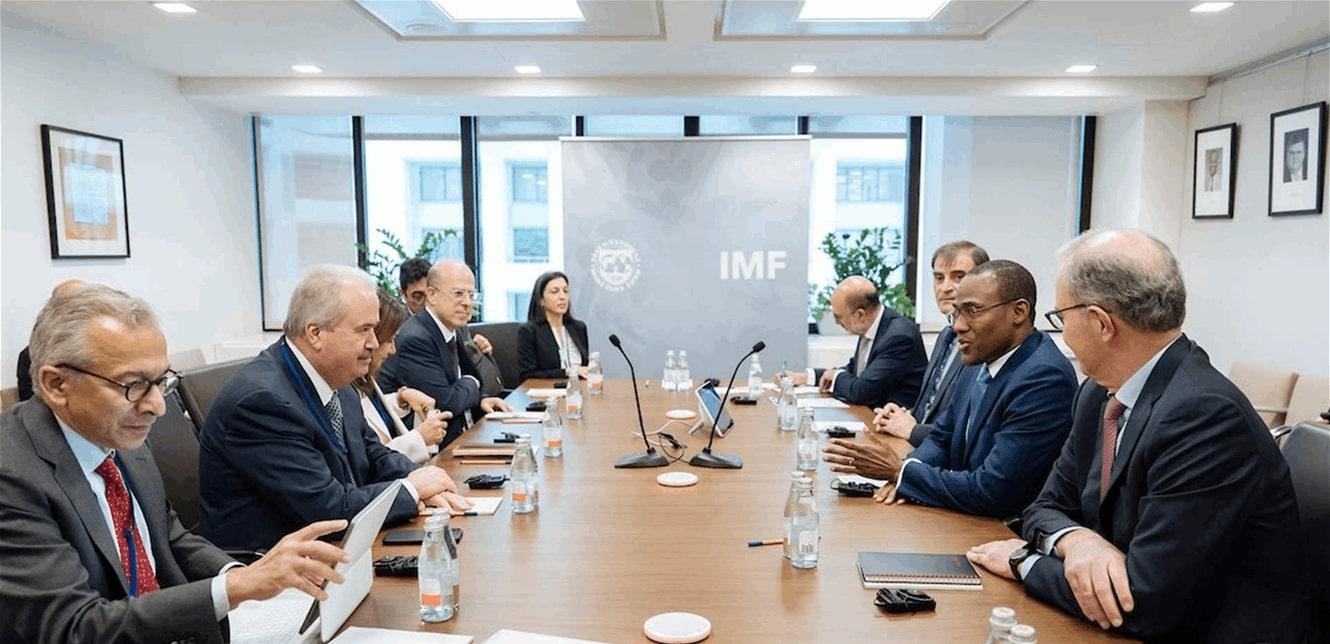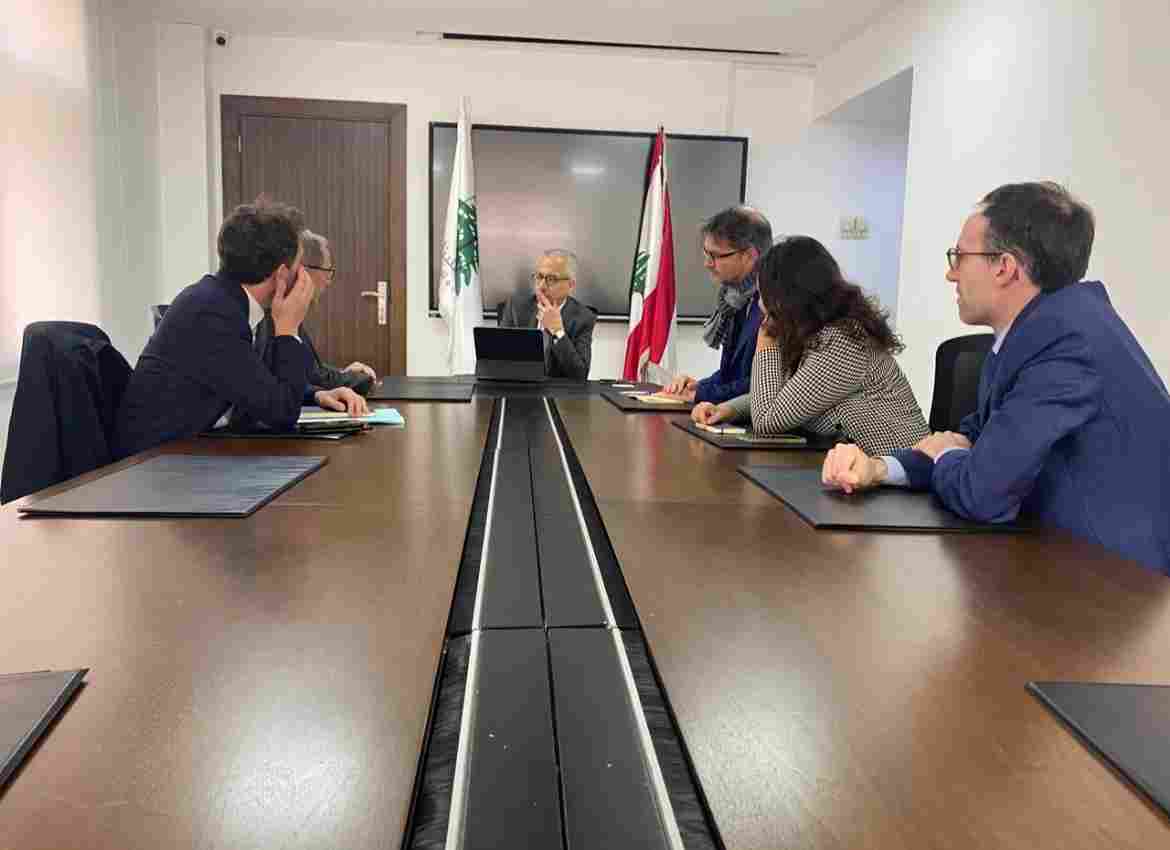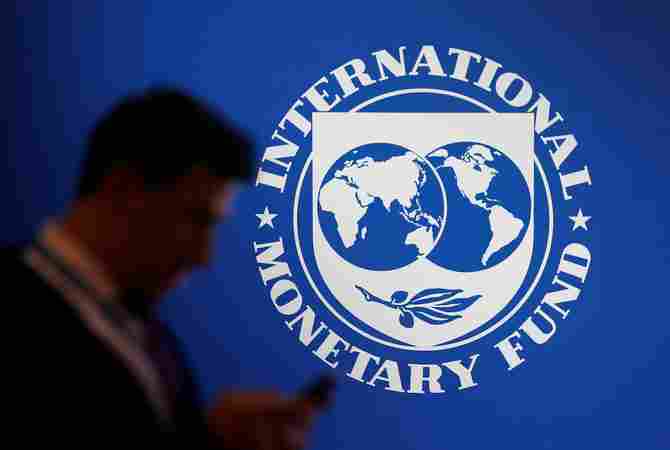
BEIRUT (Enmaeya News) — September 26, 2025
The International Monetary Fund (IMF) delegation continued its meetings with Lebanese officials, holding talks Monday with Prime Minister Nawaf Salam, Parliament Speaker Nabih Berri, and Finance Minister Yassine Jaber.
The meeting between Jaber and IMF Regional Director Ernesto Rigo, along with the Fund’s team, did not reach decisive conclusions. Discussions focused on Lebanon’s medium-term fiscal framework, the draft budget, and agreed-upon targets.
The IMF has requested that Lebanon achieve a primary surplus of 1.7% of GDP. Officials described the target as ambitious given the country’s current economic situation. The IMF stressed that this should be achieved without imposing new taxes and considering the State Council’s suspension of the customs duty on fuel.
The Fund also emphasized the importance of transparency in expenditure reporting and the adoption of a medium-term debt management plan. The Finance Ministry is reportedly working on both.
Prime Minister Salam met with Rigo, who oversees Lebanon’s IMF file, in the presence of IMF Resident Representative Frederico Lima. Discussions included reform-related issues, laws tied to the financial and monetary sectors, and recent progress.
Preparations were also reviewed for the IMF and World Bank Annual Meetings in Washington, beginning Oct. 13. Lebanon will send a delegation including ministers, the central bank governor, senior officials, and experts, who will meet with top IMF and World Bank officials.
Rigo also visited Parliament Speaker Berri, accompanied by Lima, to review the IMF’s programs in Lebanon.
The meeting between Minister Jaber, the Finance Ministry team, and the IMF delegation reiterated the need for transparent expenditure reporting and medium-term debt management.
On tax and customs reforms and related social pressures, the ministry briefed the IMF on steps taken and challenges remaining. The Finance Ministry’s efforts span the Customs Directorate, the Revenue Directorate, the VAT Directorate, and the Real Estate Directorate. These measures aim to increase revenues and achieve a budget surplus.
Officials discussed a detailed report prepared by the Lebanese team outlining achievements and remaining needs. This is seen as preparation for a final agreement with the IMF, which could restore international confidence, attract investment, and reinforce financial and economic stability.
The Lebanese delegation also heard the IMF team’s assessment and guidance on priorities for Lebanon’s current situation.
Minister Jaber stressed that exiting a cash-based economy will only be possible through the revival of the banking sector, noting that Lebanon remains on the “grey list.”
He added, “We agreed that from now until our upcoming visit to Washington next month, work will focus on developing a plan to address areas where our views differ. We are making every effort to carry out the reform process and reach an agreement with the IMF, which represents a key source of confidence in Lebanon.”






